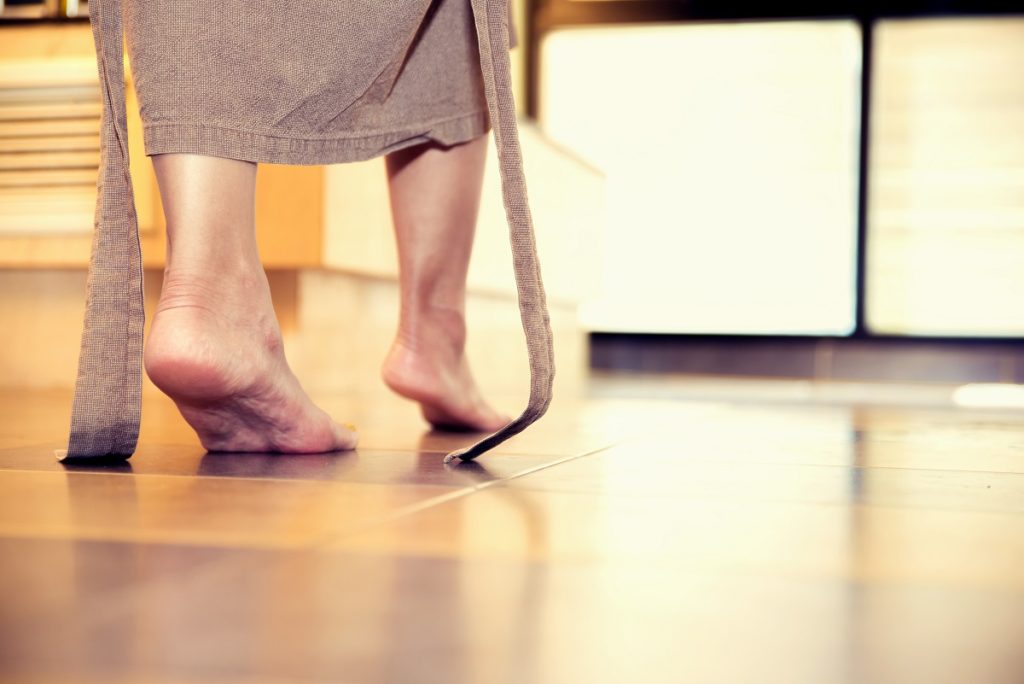
Q: I can’t always control my bladder, which can lead to embarrassing “accidents.” Can you help?
Yes! We now have more ways to treat urinary leakage — aka incontinence — than ever before. It’s a very common problem, for both men and women, so please don’t be embarrassed to talk to your health care provider about it. Finding the right treatment could improve your life substantially.
Q: Where do I start?
Start by seeing your primary care provider for an assessment. Your treatment will depend on the type of incontinence and what is causing it. The two most common types are:
- Stress incontinence: leaks that happen when you cough, laugh, etc. In women, this is commonly caused by weakened pelvic floor muscles after childbirth.
- Urgency incontinence: sudden urges to urinate that are so strong, you can’t make it to the bathroom in time. This is often caused by overactive bladder muscles or an enlarged prostate.
For many, treatment begins with dietary changes and physical therapy. If these approaches aren’t enough, you may be referred to a urologist for further assessment and treatment.
Q: What dietary changes are recommended?
Limiting bladder irritants such as caffeine, carbonated drinks and acidic juices can help. You also might be advised to limit total fluids, but be sure to work with your provider to set safe limits. Restricting fluids too much can irritate the bladder even more.
And watch out for constipation, which puts extra pressure on the bladder. If this is an issue, you may need more fluids and fiber.
Q: Why physical therapy?
A physical therapist can teach you simple exercises to regain control of your pelvic floor muscles — the muscles that help you hold in urine. You may learn other techniques to help retrain your bladder, as well.
Q: What about medications and other options?
If you’ve tried an 8-week program of physical therapy and you don’t feel that you’ve improved enough, there are several other options you can consider. Here are some of them:
- Medications to reduce urinary urges or to help the bladder empty all the way
- Botox injections into the bladder to reduce urgency
- Electrical stimulation of the nerves around the bladder to improve control
- Bulking agents to thicken the area around the urethra (for women)
- Surgical procedures to support the bladder or to relieve enlarged prostate
Q: Is there hope for me?
Yes, absolutely. Depending on the issue, it could take a week, or three months, but we really can improve your quality of life. I encourage you to seek help.
Dr. Zusman treats men and women with urological issues — from incontinence to cancer to kidney stones — at The Portland Clinic.


